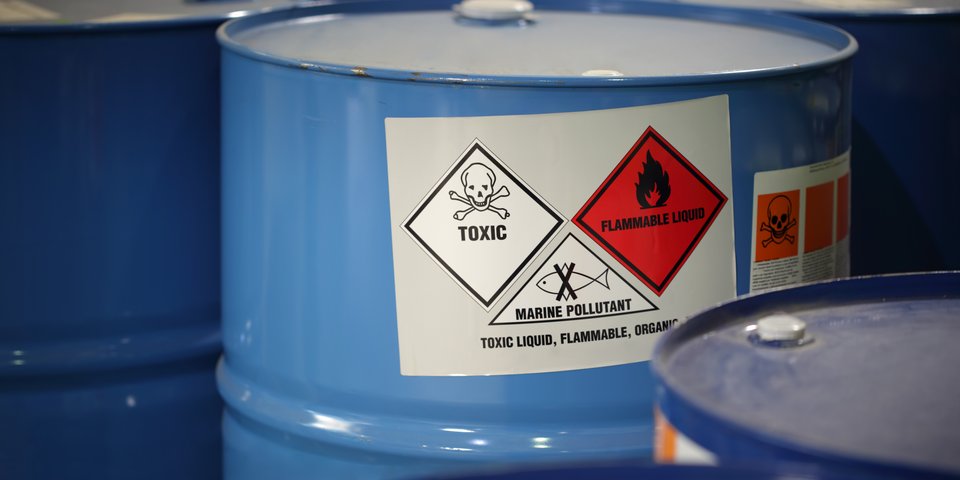 iStockphoto/tunart
iStockphoto/tunartGerman Social Insurance (DSV) feedback on the chemicals reform
More efficiency in the assessment of substances.
SK – 03/2024
In
December 2023, the European Commission presented the "One substance, one assessment" reform package. This package of measures aims to reduce the
complexity of evaluating chemicals and optimise processes. A data platform is
also being set up. This is intended to facilitate access as well as the shared
use and further utilisation of information on chemicals.
A new
regulation is necessary because different EU agencies, scientific committees,
expert groups or Commission departments currently carry out the assessment of
chemicals in different areas, depending on the legislation. Following the
reform, assessments must be well-coordinated, transparent and synchronised as
far as possible. At the same time, the special features of the individual
sectors must be taken into account. The European Chemicals Agency (ECHA) will
be assigned new tasks.
In a
statement, the DSV welcomed the European Commission's efforts to establish a
standardised platform for chemicals and to reallocate existing and new tasks to
the EU agencies. The new regulation can avoid duplication of work and achieve
an efficient way of working in the area of chemicals assessment. In addition,
the development of a standardised platform for chemicals renders it possible to
make the data traceable, accessible, interoperable and reusable for interested
parties.
Innovations require resources
The
European Commission's legislative proposals required the involvement of
appropriate experts and specialists with expertise in various fields. However,
this cannot currently be guaranteed by ECHA as there is a lack of expertise in
the field of electrical and electronic equipment, in particular. Additional
personnel are therefore required for successful implementation. This is the
only way ECHA can fulfil the new scientific and technical tasks of the reform
package.
In
addition to the issue of specialised personnel, the implementation of the
changes over time must also be better addressed. On the one hand, there is a generous deadline of ten years for the provision of all relevant data via the
common data platform until 2035. On the other, ECHA should be able to carry out
assessments in the field of electrical and electronic equipment, medical
devices and persistent organic pollutants by 2025 or 2026. As the data from the
assessments are incorporated into the platform, the deadlines for the inclusion
of the various scientific papers should be adjusted and staggered accordingly
in a generous manner.
Access for statutory insurances
The
management of the data platform provides for the establishment of a steering
committee made up of an equal number of five representatives each stemming from EU
agencies and the European Commission. The DSV believes that advice, for example
on the standard data formats and scientific vocabulary used, can best be
provided by those who actually use the information on the data platform in
practice. Consequently, the proportion of representatives from the agencies and thus, from the specialist area should predominate.
With the
help of the common data platform, data on chemicals at EU level will be focused
and consolidated in a centrally accessible IT infrastructure. Their use should
also be permitted to scientific bodies such as the Permanent Senate Commission
of the German Research Foundation for the Investigation of Health Hazards of
Chemical Compounds in the Work Area (MAK Commission) and statutory insurance
companies in the same way as authorities.
